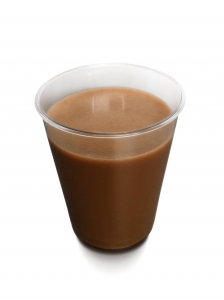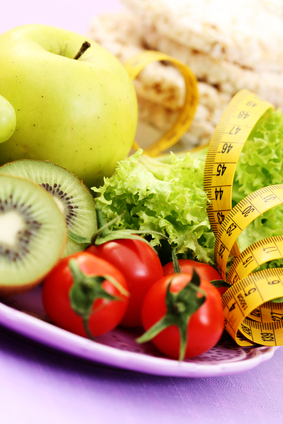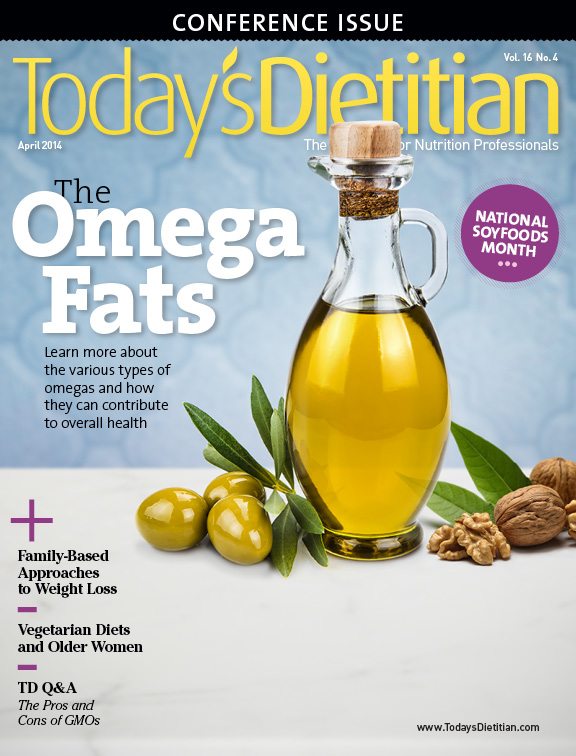Anthocyanins
These powerful compounds may help prevent CVD and cancer and boost cognitive function. Many dietitians are well aware of the benefits fruits and vegetables provide, but few may know the actual names and types of the disease-fighting compounds they contain that are so important for good health.

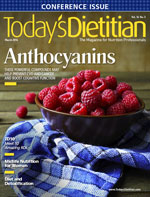
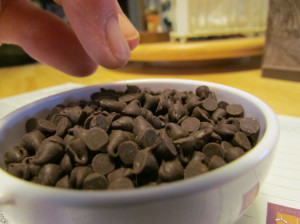

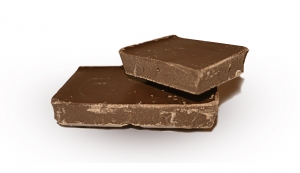 However, less-processed dark chocolate can be considered a healthier choice. Chocolate is made from cocoa, a plant that is a rich source of health-protective phytochemicals (just like you’d get from fruits, vegetables, and whole grains). Two tablespoons natural cocoa power (the kind used in baking) offers the antioxidant power of 3/4 cup blueberries or 1.5 glasses red wine. Unfortunately, dark chocolate has a slightly bitter taste and most people prefer the sweeter milk chocolate, a poorer source of phytochemicals. (We need to raise our children on dark chocolate, so they will they learn to prefer it!)
However, less-processed dark chocolate can be considered a healthier choice. Chocolate is made from cocoa, a plant that is a rich source of health-protective phytochemicals (just like you’d get from fruits, vegetables, and whole grains). Two tablespoons natural cocoa power (the kind used in baking) offers the antioxidant power of 3/4 cup blueberries or 1.5 glasses red wine. Unfortunately, dark chocolate has a slightly bitter taste and most people prefer the sweeter milk chocolate, a poorer source of phytochemicals. (We need to raise our children on dark chocolate, so they will they learn to prefer it!)